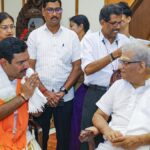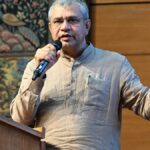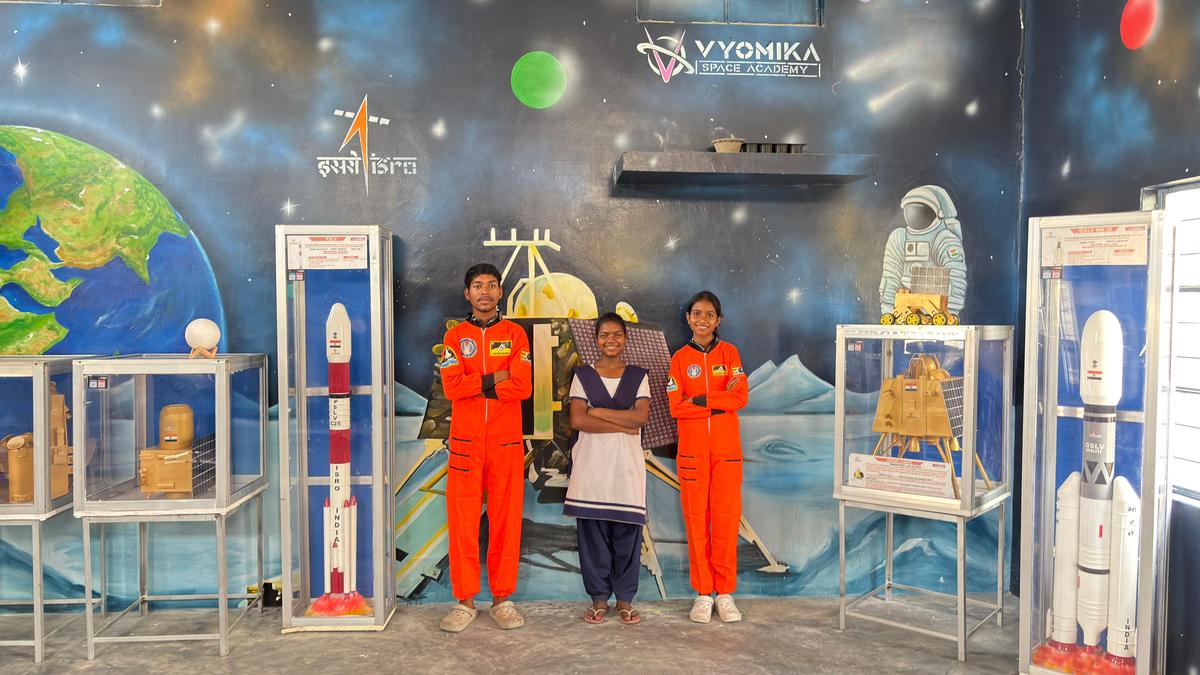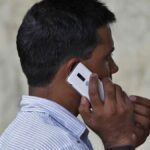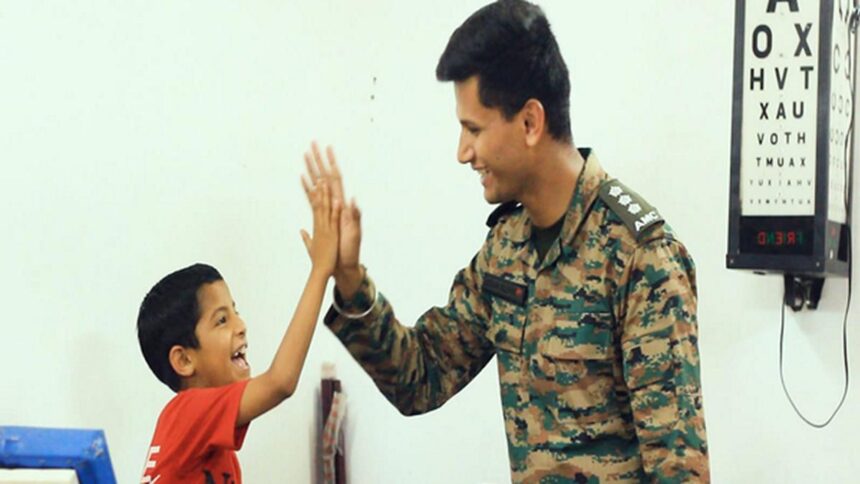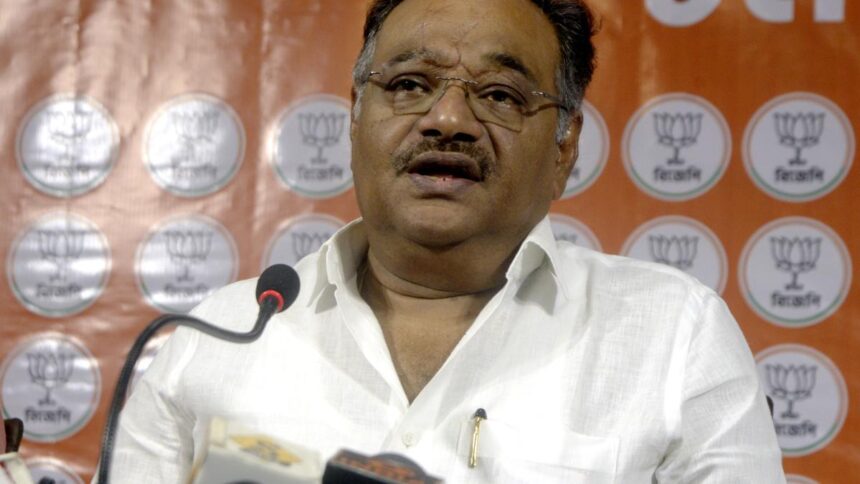
Space labs in government-run schools in Assam’s Bodoland Territorial Region.
| Photo Credit: Special Arrangement
GUWAHATI
On August 23, a northern Assam school near India’s border with Bhutan had a “galactic” reason to celebrate National Space Day for the first time since it was established in 1953.
That day, the Tamulpur Higher Secondary School became the 15th educational institution across the 8,970-square-kilometre Bodoland Territorial Region (BTR) to sport a space lab. The BTR is governed by the Bodoland Territorial Council (BTC), an autonomous body under the Sixth Schedule of the Constitution.
For the BTC authorities, the Haladhar Ujir Memorial Space Laboratory at the school in Tamulpur, a small town about 73 km north of Guwahati, was more than fulfilling a target under the Bodoland Space Education Programme. It was a step closer to the goal of developing a scientific temper in students across most government-run schools in the BTR.
“The first space lab was inaugurated in July 2024 at the Sidli-Kashikotra Higher Secondary School in the Chirang district. It was one of six schools targeted in the first phase, followed by nine in the second, including the one in Tamulpur,” Nilutpal Kashyap, the BTC’s Officer on Special Duty (Education), told The Hindu on Saturday (August 30, 2025).
The Chirang school was also the first in the northeast to possess a space lab equipped with an optical telescope for planetary observation, scaled models of PSLV/GSLV launchers, CanSat-style payload kits for simulated launches, and microcontroller-based experiments that cover sensors, propulsion basics, and telemetry.
The space lab initiative was a dream project of Pramod Boro, the Chief Executive Member of the BTC, who wanted thousands of students in the BTR “to catch up with the rest of the world” through practical STEM (science, technology, engineering, and mathematics) learning.
Mr. Kashyap said the initial plan was to set up space labs in 10 higher secondary schools after a memorandum of understanding was signed between the BTR government and the New Delhi-based Vyomika Space Academy, a “space tutor” partner of the Indian Space Research Organisation (ISRO).
A Vyomika spokesperson said that more than 3,000 BTR students have engaged with its ISRO-aligned curriculum through activities such as building water-propelled rockets, crafting payload enclosures, and explaining orbital concepts to people unfamiliar with astronomy.
Local flavour
Each of the 15 space labs has been named after a local educator or community leader to promote a sense of ownership among the stakeholders. For instance, the space lab at the Sidli-Kashikotra school is named after Chino Basumatary, a journalist who passed away in September 2010.
A reason behind associating the space labs with local luminaries was their campaigns against social evils, such as witch-hunting, which were once prevalent in many parts of the BTR.
“The labs are changing mindsets. Students who were vague about their careers now think of becoming space scientists and discuss black holes and supernovas,” Manju Boro, the principal of Sidli-Kashikotra Higher Secondary School, said.
Rajen Brahma of BTR’s Udalguri admitted he did not think much of IAF Group Captain Shubanshu Shukla’s space mission until his 16-year-old daughter educated him about its significance. “It is good to know the schools here are taking the classrooms to the cosmos, a huge leap from what we experienced,” he said.
Published – August 31, 2025 12:06 am IST



